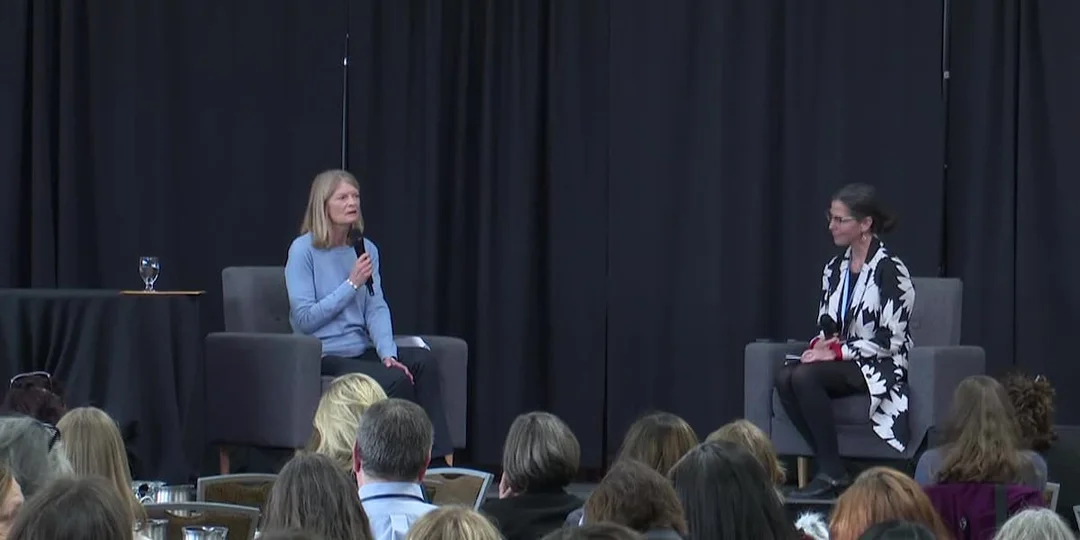
Is Fear the New Norm? A Senator’s Candid Acknowledgment of Anxiety Under Trump
In an unprecedented expression of vulnerability, U.S. Senator Lisa Murkowski (R-Alaska) recently shared her concerns regarding the pervasive fear stemming from the Trump administration's policies. Addressing nonprofit leaders at a conference in Anchorage, she stated, "We are all afraid," capturing the anxiety felt among many constituents and officials.
This admission, made at The Foraker Group's annual leadership summit, underscores a growing sense of unease among political figures across party lines. Murkowski, one of the few Republicans to openly criticize Trump, revealed that even seasoned senators are hesitant to voice their concerns due to the very real threat of retaliation. "It’s quite a statement," she continued, acknowledging an internal struggle with anxiety about speaking out.
Throughout her remarks, the senator provided insights into the chaos and uncertainty that has gripped many involved in the nonprofit sector—a domain profoundly affected by government decisions. She drew attention to the excessive changes, including sweeping cuts to vital services such as Medicaid and the National Endowment for the Humanities, which disproportionately impact Alaskans. "It is as hard as anything I have engaged in in the 20-plus years I’ve been in the Senate," Murkowski remarked, reflecting on a career dedicated to public service.
While she refrained from naming Trump directly, Murkowski's critique of his administration was unmistakable. She expressed deep concern about the administration's approach to policy, labeling some measures as "unlawful" and declaring that Congress must reclaim its power over executive actions. "It’s called the checks and balances. And right now we are not balancing as the Congress," she stated, urging her colleagues to take action rather than remain passive.
Further compounding the anxiety, Murkowski conveyed the difficulties faced by those in the public sector, many of whom feel apprehensive about job security and the future of social safety nets. During the summit, she recounted emotional interactions with constituents who were left jobless without warning, highlighting their fears of retaliation for speaking out about their precarious situations.
Murkowski's unfiltered remarks serve not only as a reflection of her personal experiences but also as a clarion call for other politicians to stand firm against fear tactics that silence dissent. She implored Alaskans to advocate for the issues they care about, emphasizing that public pressure is vital to ensuring elected officials remain accountable.
As the political landscape continues to shift under Trump's influence, the resilience displayed by some senators like Murkowski may offer a glimmer of hope for those seeking to navigate these turbulent waters. However, the question remains: is fear becoming the new normal in American politics?
As we reflect on Murkowski's poignant acknowledgment of widespread anxiety, readers are invited to share their perspectives on the impact of current political dynamics on public discourse. How can we foster an environment where voices are encouraged rather than stifled? Let us know your thoughts in the comments below.